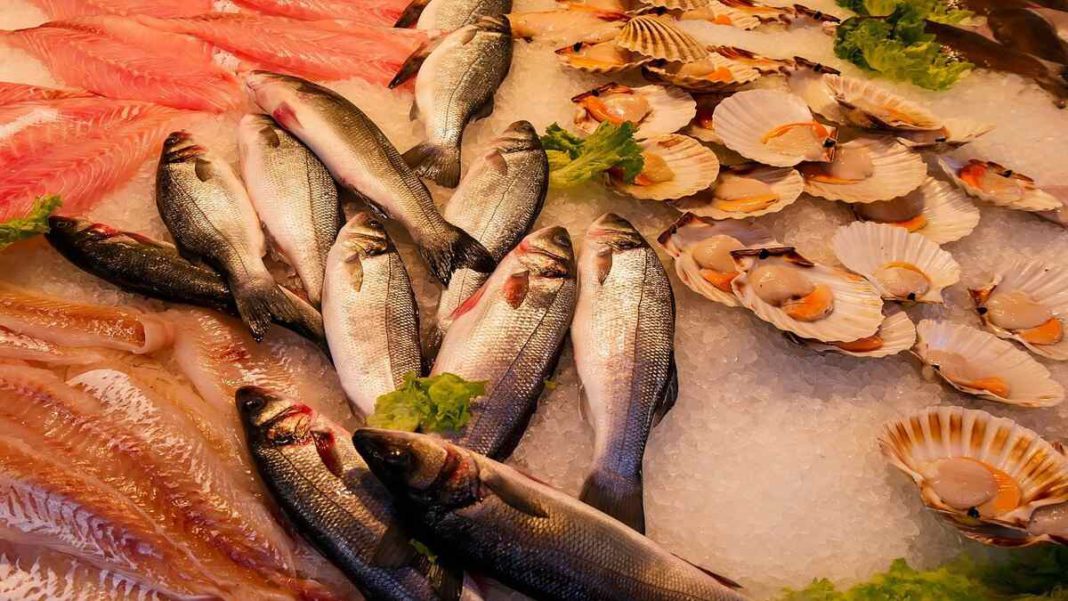JAPAN/CHINA: Following China’s prohibition on marine items from its neighbour in response to the discharge of effluent from the Fukushima Daiichi nuclear power station, Chinese seafood imports from Japan have drastically decreased.
Beijing’s ban on Japanese marine products has led to a 67% decrease in seafood imports in August, totalling around ¥3bn ($20.2m), as per media reports.
This has resulted in diplomatic disputes, increased anti-Japanese sentiment in China, and increased hostile phone calls between Japanese businesses and diplomatic missions.
The operator of the Fukushima plant, Tokyo Electric Power (Tepco) spewed over 1 million tonnes of water into the ocean on August 24. This action drew condemnation from China, and local fishing communities worried about the reputation of their catch being harmed.
According to scientists, China’s nuclear power reactor wastewater contains higher tritium levels than Fukushima. The International Atomic Energy Agency (IAEA), the UN’s nuclear watchdog, recently released a report that found tritium levels in the heavily diluted water are well within safe levels, and Tepco and government officials claim the 30-year discharge will not impact the marine environment or human health.
China denounces Japan’s discharge of Fukushima nuclear waste, claiming it could lead to food safety contamination. The European Union applauded the Japanese authorities for delivering timely and honest updates on the Fukushima situation. The United States and Britain have expressed support for the water release.
Despite safety concerns among a sizable portion of the South Korean population, the government of South Korea has stated that it accepts the science underlying the IAEA’s findings.
US ambassador Rahm Emanuel accused China of using “economic coercion” to impose a seafood ban while its own boats continued fishing off Japan’s coast. China’s foreign ministry responded by urging Emanuel to stop supporting Japan’s “irresponsible” actions.
Tokyo has criticized the prohibition of seafood exports, calling it “totally unacceptable.” Scallops and other seafood are reportedly stacking up in freezers at processing facilities on the northernmost main island of Hokkaido, where 64% of seafood exports went to China, according to sources. This indicates that the ban is already having an effect on businesses in Japan.
The water from Fukushima Daiichi reactors became polluted after the 2011 tsunami.
Also Read: South Korean Demonstrators Rally for Government Response to Fukushima Water Issue



